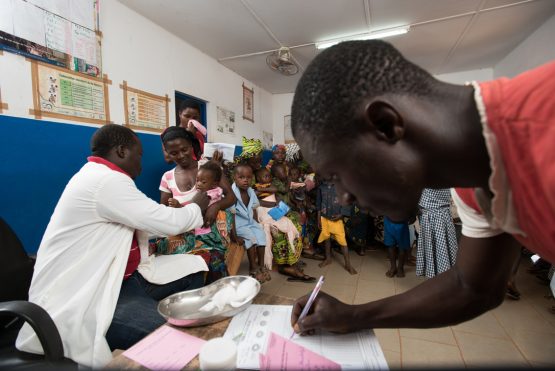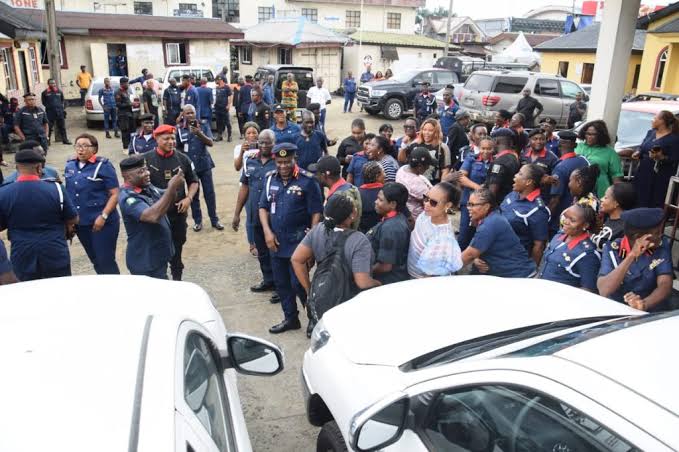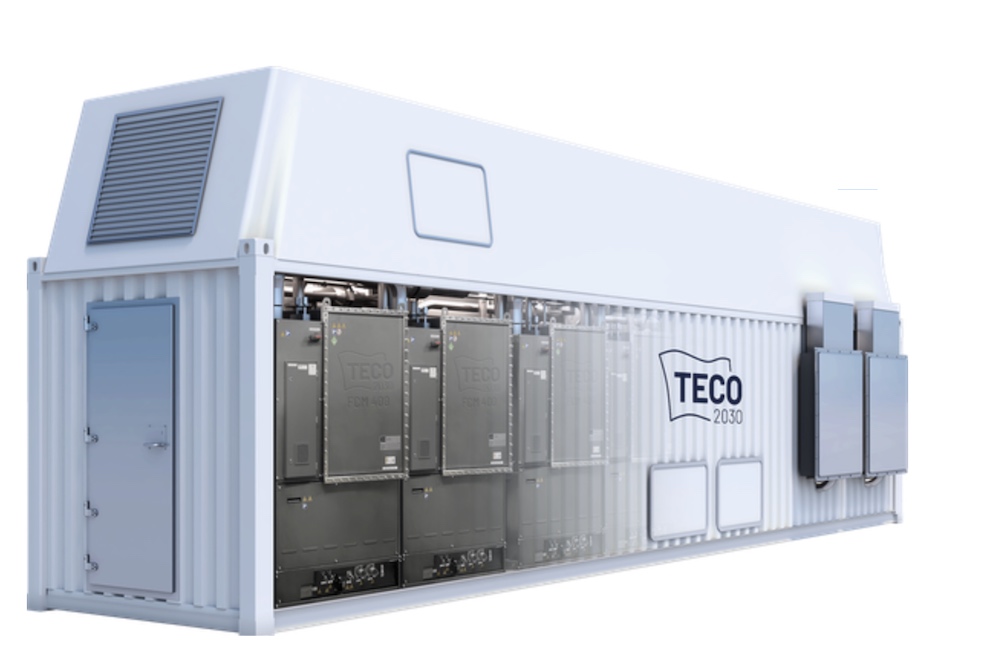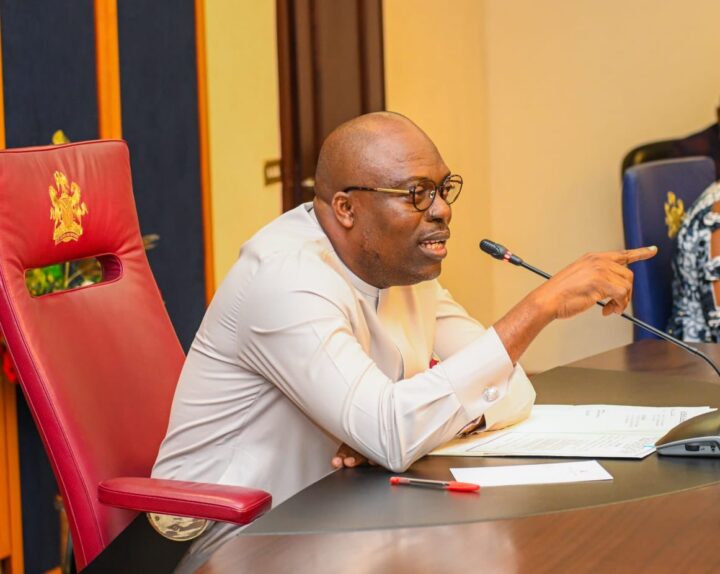Inadequate Hygiene Costs Sub-Saharan Africa $8.4 Billion Annually, New Study Reveals

A new report from WaterAid and the World Bank exposes the staggering economic toll of infections stemming from the lack of handwashing facilities, clean water, and decent toilets in Sub-Saharan Africa.
Thank you for reading this post, don’t forget to subscribe!
The findings underscore the urgent need for improved water, sanitation, and hygiene (WASH) measures in healthcare facilities to prevent the spread of diseases and combat antibiotic resistance.
Highlighting the potential for prevention, the study suggests that implementing basic WASH services could save at least 138,000 lives each year across seven countries and alleviate billions of dollars in economic losses.
In Nigeria, Malawi, Ethiopia, Zambia, Uganda, Mali, and Ghana, the research reveals that inadequate cleanliness and hygiene during medical care contribute significantly to the transmission of infections.
Surgical site infections, bloodstream infections, and respiratory tract infections, including pneumonia, are among the most common healthcare-acquired infections, with intensive care units, neonatal wards, and pediatric medical wards bearing the highest rates.
The economic burden of these infections is substantial, accounting for an average of 1.1% of GDP and 4.5% of total health budgets annually across the studied countries.
Malawi faces particularly high costs, with healthcare-associated infections consuming 2.92% of its GDP and 10.9% of its annual healthcare budget.
WaterAid urges increased investment in WASH infrastructure to protect communities from resistant infections, enhance pandemic preparedness, and safeguard global public health.
The organization emphasizes the fundamental importance of clean water, decent sanitation, and good hygiene as the first line of defense against infection in healthcare settings.
The release of this data precedes the UN High Level Meeting on antimicrobial resistance (AMR) later this year, where global leaders will convene to address this pressing issue.
WaterAid calls on governments, international financial institutions, and donor countries to prioritize financing for WASH in healthcare facilities, emphasizing the critical role of collaboration in ensuring universal access to these essential services.
The testimonies of healthcare workers like Joseph from Tanzania and Msanide from Malawi underscore the devastating consequences of inadequate WASH infrastructure on patient outcomes.
WaterAid stresses that addressing this issue is not only a matter of human rights but also a crucial step in safeguarding public health and promoting sustainable development.





